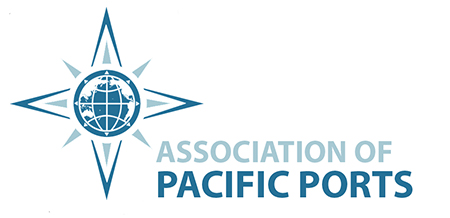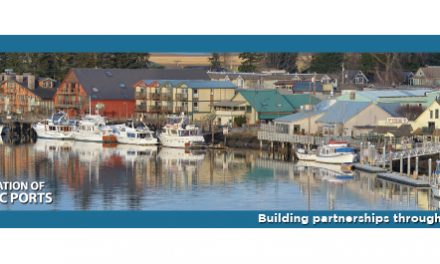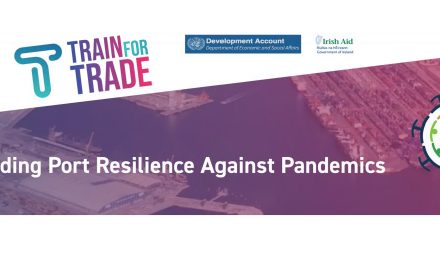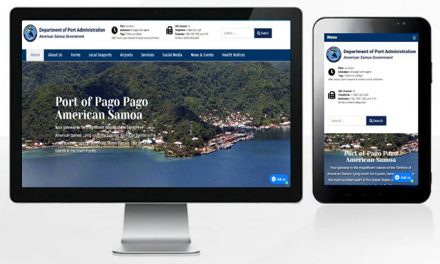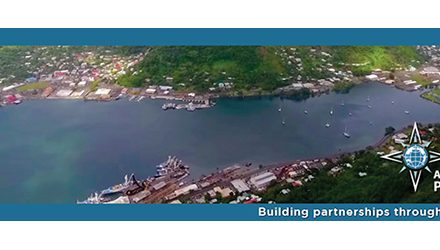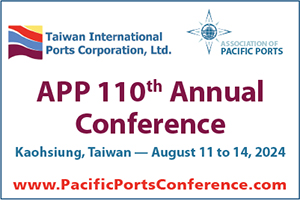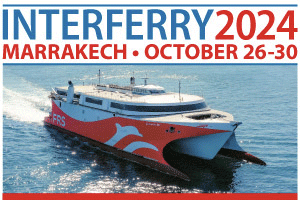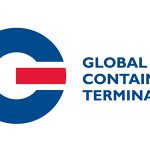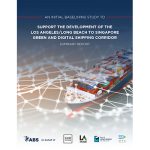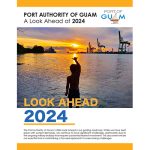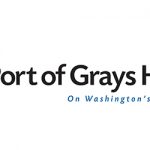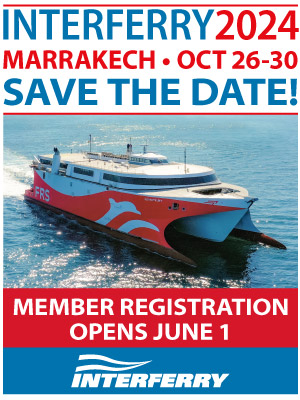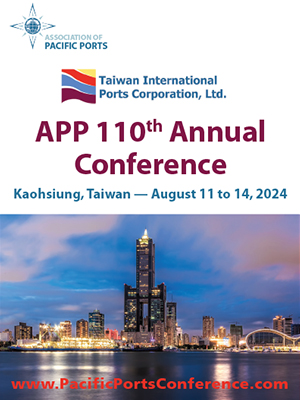May 6, 2021 — The APP is very pleased to welcome Davies Transportation Consulting Inc. (DTCI) as our newest Associate Member. With over 35 years of experience as a transportation economist, Founder and Principal Philip Davies brings a wealth of knowledge to the Association. “We specialize in drayage, port operations, goods movement and land use, intermodal facilities and shortline railways, and economic analysis and program review,” he said when asked about the services of DTCI. Indeed, a quick review of Davies’ website shows numerous examples of large and complex projects that encompass transportation economics, logistics, social impacts, environmental issues, and technology.
Davies established DTCI in 2010 following a career that included 18 years as a Senior Economist with Transport Canada as well as senior positions in the Potash Corporation of Saskatchewan, the IBI Group, and Halcrow Consulting. He also served as Research Manager for the Federal/Provincial Task Force appointed by the Canadian and British Columbia governments to investigate port efficiency and industrial relations issues related to the withdrawal of services by drayage drivers.
Since starting his consulting career, Davies has completed over 80 projects – 48 of these as Project Manager. These have included major studies for clients such as Saudi Railway Organization, Transport Canada, the British Columbia Ministry of Transportation, the Ports of Los Angeles, Long Beach, Vancouver, Prince Rupert, Seattle, and Portland (and, currently the Northwest Seaport Alliance), local governments, and private sector clients.
A key strength to Davies’ business model is the flexibility and customization of teams to fit project requirements. “We frequently collaborate with senior consultants who are specialists in their fields,” he said. “For example, Wave Point Consulting’s Darryl Anderson has extensive experience in transportation, real estate and economic development sectors, and Norm Hooper of Hooper Engineering, who uses his experience from a 40-year career in the railway industry to provide planning, investigation and construction support services.”
Davies added that, while sometimes he will be the lead contractor for a project, he is equally comfortable working in a sub-contract capacity. “The key is understanding the project deliverables first and then bringing in those with the experience and the relevant skills,” he said, noting that he has worked both with large, multi-national firms as well as sole consultants with a strong background in the discipline required. “The goal is always the same – to produce solid research, assessments, and/or recommendations that will provide our clients with the insights and knowledge required to make sound decisions.” Davies’ diverse and extensive portfolio stands as a testament to his capabilities.
Recent examples of Davies’ work include leading a multi-disciplined team for the Ports of Los Angeles and Long Beach to analyze the effects of implementing a Clean Truck Fund Rate (CTFR) on the local drayage market and port traffic as part of the larger Clean Trucks Program under the Clean Air Action Plan Update. Another project – the North Shore Sea Level Rise Port Economic Impact Analysis – saw DTCI working as a subconsultant to address vulnerability and risk relating to Vancouver Fraser Port Authority properties on the North Shore, and to estimate potential economic impacts of disruptions to the goods movement system.
While many of the projects have focused on port trucking and port operations, DTCI’s expertise extend well beyond the port environment. Last year, DTCI was engaged by Forestry Innovation Investment (FII) to increase its understanding of the shipping and logistics options available to industry when approaching new Asian markets including India, Pakistan, Vietnam, Indonesia, and the Philippines. Davies was tasked with identifying and addressing transportation cost differentials among supply regions; optimizing domestic logistics prior to export; and optimizing shipment characteristics and logistics practices to improve the competitiveness of British Columbia lumber exports.
Davies noted that projects are often geographically based and, because of this, will take into consideration the many sectors within the transportation industry as well as the resources and cargoes that flow through the region, providing a big-picture analysis into the full supply chain. “For example, we’re just finishing up a project in the Interior of British Columbia that provided an assessment of transportation infrastructure as well as warehousing assets and freight opportunities,” he said.
Other projects have included economic impact, feasibility, and forecast studies for regional airports as well as land use and industrial development analyses. One particular project saw Davies work for the Saudi Railway Organization to undertake an economic analysis, provide an assessment of the market, and offer options for infrastructure improvements that would improve their service.
Given his passion for, and knowledge of, the multi-modal transportation industry, Davies will be a great resource for members faced with issues in the sectors under his purview. Here at the APP, we’re excited to welcome Philip to the Association and look forward to working with him to share his experiences and expertise with members.
